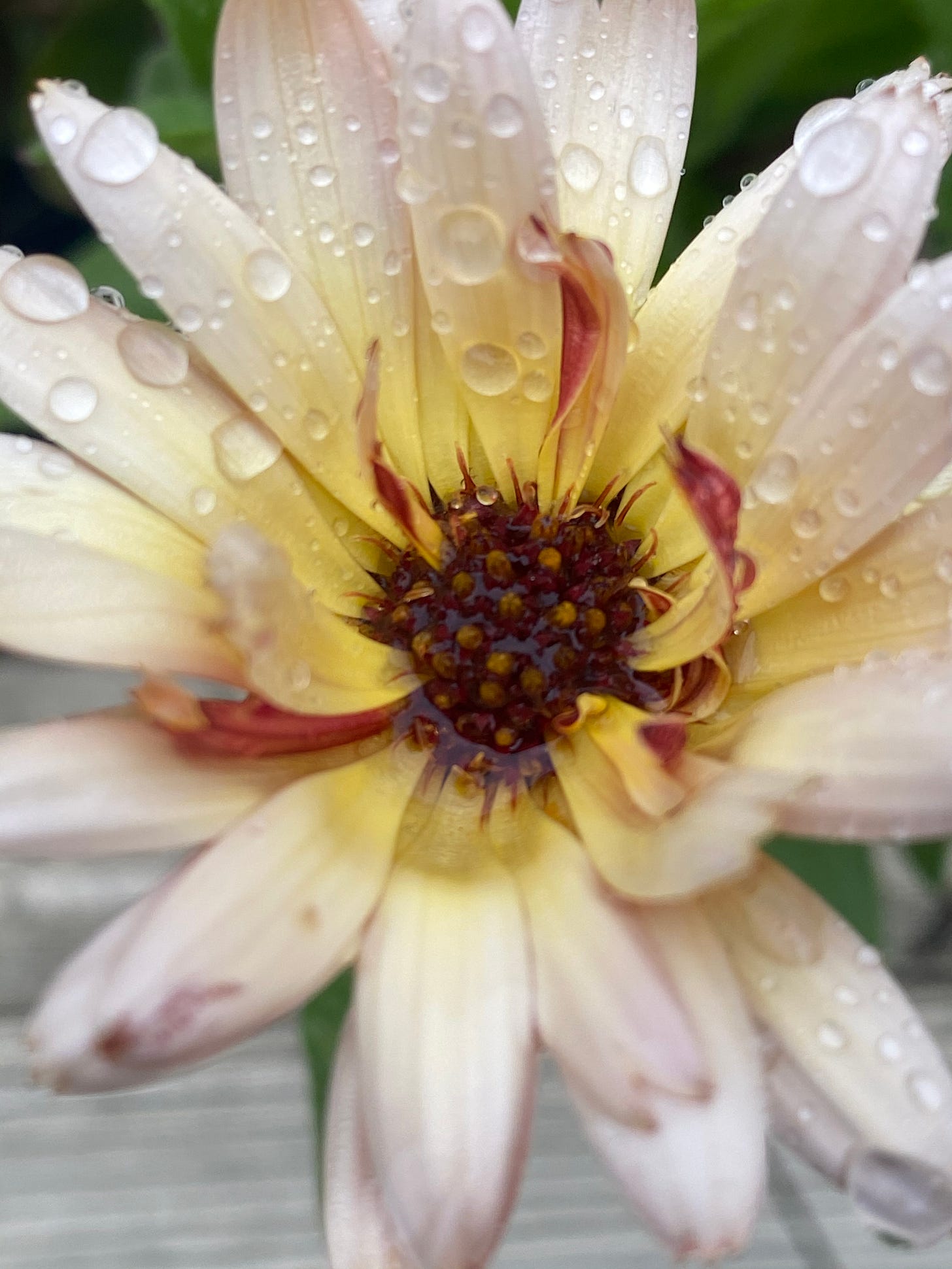Control, Innovation, & Self-Care
“The driving cultural force of that form of life we call ‘modern,’ is the idea, the hope and the desire, that we can make the … world controllable. Yet, it is only in encountering the uncontrollable that we really experience the world. Only then do we feel touched, moved, alive. A world that is fully known, in which everything has been planned and mastered, would be a dead world.”
So says the German sociologist Harmut Rosa, in his recent book The Uncontrollability of the World (2020). In his view, this need to control gives modern people a fundamentally aggressive stance towards the world: everything must be ‘known,’ made accessible, made immediately useful. It’s worth thinking about the alternative to this, an approach of encounter, or as Rosa frames it, “resonance” with the world.
Control and Innovation
Most school administrators are good at control—we have to be. There are a thousand rules, guidelines, frameworks and protocols to know, so that students keep learning, and so that all our constituents stay productive and safe. However, these same practices can get in the way of any kind of deep innovation. How might we create an adult culture of innovation in our schools, when most of our leadership development pathways focus elsewhere?
In The Uncertainty Mindset, (2020) Vaughn Tan looks at how world-class innovation teams are created and sustained. The teams he studies work at some of the most cutting edge, prize-winning restaurants, but the lessons are applicable in any domain. “Innovation teams need to be forced into doing things they don’t yet know how to do to keep their members happy and engaged, and to be effective at innovation.” How many schools are willing to give staff “projects that create desperation by design”? It might sound like a recipe for high staff turnover, but that’s not what Vaughn finds. Read this book if you want to know how to create or support an innovation dream team in your organization.
Real Self-Care
Let me simply say that this article is the best piece I have read on self-care, pandemic or no. It avoids all the superficial “nice” ideas, and also avoids solutions that are consumerist and economically privileged. Instead, Minaa B. focuses on things we can all do, like putting boundaries in the center of our care. Read it, absorb it, and pass it along.
Briefly Noted:
Want to get you students involved in dreaming about a post-COVID year and the future of school? Two terrific education researchers are spearheading this project and want student voices from across the US.
Get in Touch!
Looking for help on a big strategic project in your school or district? Want to know more about creating a robust culture of innovation? You can reach out to us by replying to this email or finding us online at https://makeknowledge.org.



